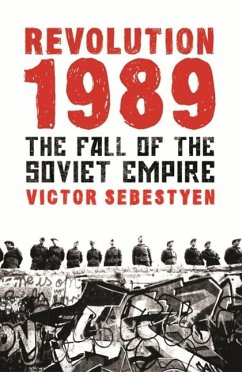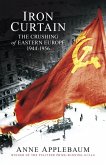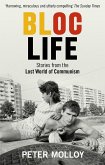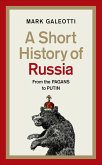For more than 40 years after the Second World War the Iron Curtain divided Europe physically, with 300 km of walls and barbed wire fences; ideologically, between communism and capitalism; psychologically, between people imprisoned under totalitarian dictatorships and their neighbours enjoying democratic freedoms; and militarily, by two mighty, distrustful power blocs, still fighting the cold war. At the start of 1989, ten European nations were still Soviet vassal states. By the end of the year, one after another, they had thrown off communism, declared national independence, and embarked on the road to democracy.
One of history's most brutal empires was on its knees. Poets who had been languishing in jails became vice presidents. When the Berlin Wall fell on a chilly November night it seemed as though the open wounds of the cruel twentieth century would at last begin to heal. The Year of Revolutions appeared as a beacon of hope for oppressed people elsewhere who dared to dream that they too could free themselves.
In a dizzying few months of almost entirely peaceful revolutions the people's will triumphed over tyranny. An entire way of life was swept away. Now, twenty years on, Victor Sebestyen reassesses this decisive moment in modern history.
Dieser Download kann aus rechtlichen Gründen nur mit Rechnungsadresse in A, B, BG, CY, CZ, D, DK, EW, E, FIN, F, GR, HR, H, IRL, I, LT, L, LR, M, NL, PL, P, R, S, SLO, SK ausgeliefert werden.









